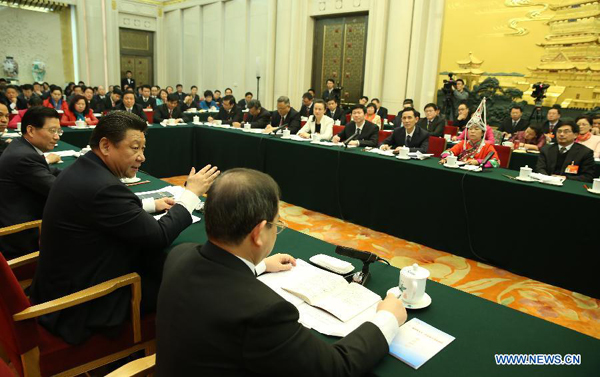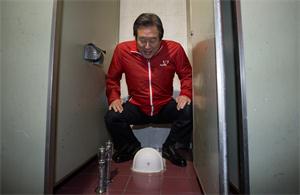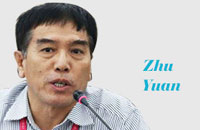No place for greed in new political ecology
(China Daily) Updated: 2015-03-11 07:36
 |
|
Chinese President Xi Jinping (front, 2nd R), also general secretary of the Communist Party of China (CPC) Central Committee and chairman of the Central Military Commission, reviews the work report of the State Council together with National People's Congress (NPC) deputies from Jiangxi Province during the third session of the 12th NPC, in Beijing, capital of China, March 6, 2015. [Photo/Xinhua] |
Finally, the "political ecology" is in the spotlight. And it is President Xi Jinping who has put it there.
For too long, the discourse about corruption in this country has tiptoed cautiously around the big picture. Every time a corruption scandal has erupted, it has been presented as yet another isolated case. The overall picture is great. What went wrong was just the fall of a flawed individual, which is then quickly placed in the category of "extreme minority".
But as the number of corruption scandals has snowballed, especially with the unveiling of more and more cases of massive corruption in different regions and sectors, the "isolated case" rhetoric has grown increasingly hollow.
Continuing to turn a blind eye to the real picture of corruption would only do greater harm to the system, and to the Communist Party of China itself.
That Xi has pointed the scalpel of reform at the political ecosystem, acknowledging that something has gone wrong with it, is an inspiring step forward in the Party's understanding of its own problems.
Like the seriously polluted environment in this country, Chinese officialdom has been severely poisoned by corruption, which has become a pandemic. In some places, public servants have degenerated into thugs that bully in the name of the State. It is an open secret that positions in public offices are sold and bought like commodities.
Su Rong, a former vice-chairman of the Chinese People's Political Consultative Conference National Committee now under investigation for corruption, has confessed that his home was a venue for the exchange of money and power. He and his family accumulated enormous illicit wealth through dirty transactions.
In the military, where such transactions are even more crude and rampant, the now disgraced former deputy chief of the General Logistics Department of the People's Liberation Army Gu Junshan once believed he could buy his way right to the very top rung of the country's military command.
The prevalence of wrongdoing and the scale of corruption have grown to such extents that there has been a dangerous change in the culture of Chinese officialdom. The idea of public service is ignored; a culture of shameless greed looms large.
Xi has acknowledged the severity of the problem, and the anti-graft campaign will have to target the causes of the moral degradation in Chinese officialdom. The Party must honor his promise of a political atmosphere in which officials dare not, don't want to, and can't abuse their powers.











